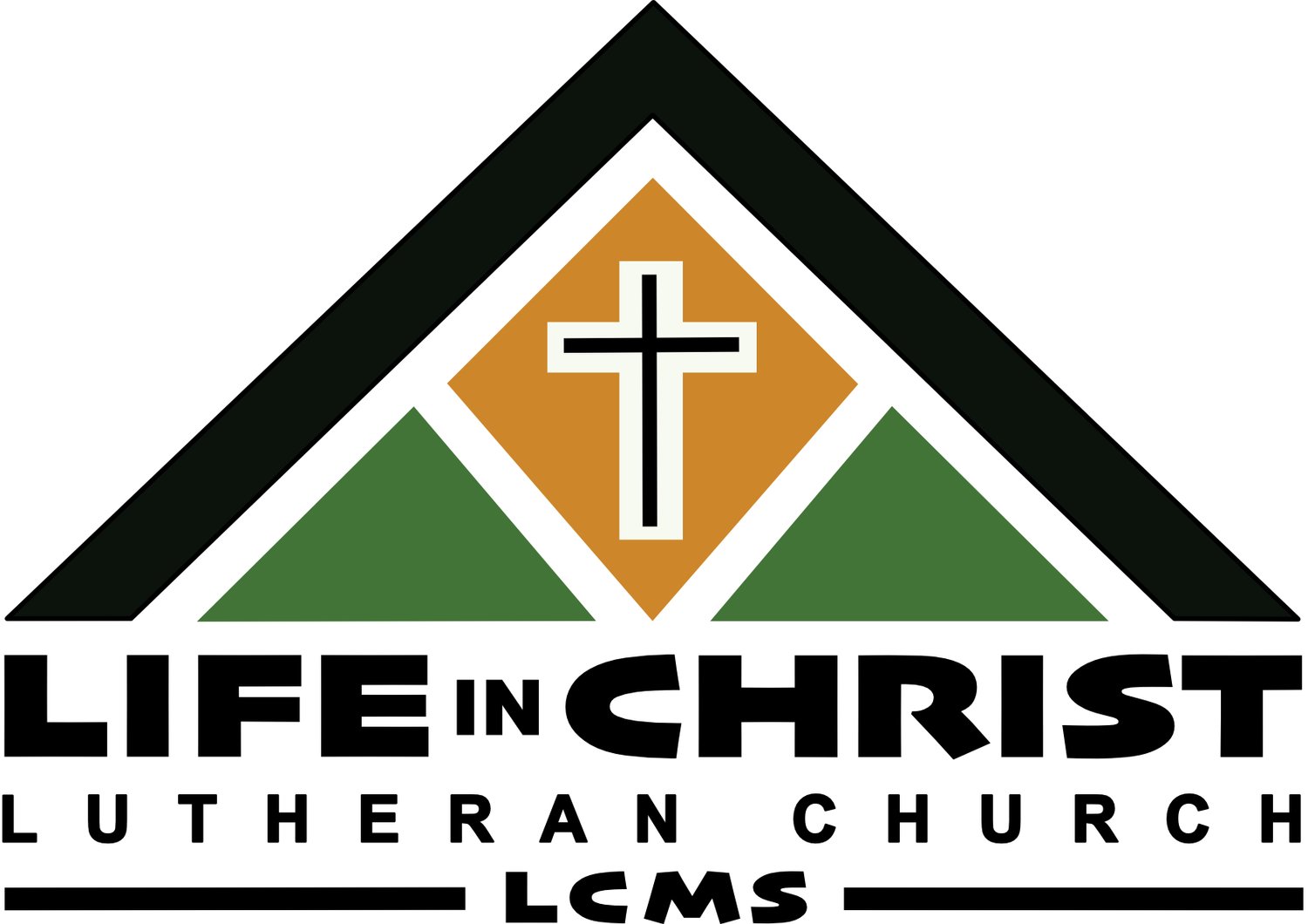The Nicene Creed
/I believe in one God, the Father Almighty, Maker of heaven and earth, and of all things visible and invisible. And in one Lord Jesus Christ, the only-begotten Son of God, begotten of the Father before all worlds; God of God, Light of Light, very God of very God; begotten, not made, being of one substance with the Father, by whom all things were made. Who, for us men and for our salvation, came down from heaven, and was incarnate by the Holy Spirit of the virgin Mary, and was made man; and was crucified also for us under Pontius Pilate; He suffered and was buried; and the third day He rose again, according to the Scriptures; and ascended into heaven, and sits on the right hand of the Father; and He shall come again, with glory, to judge the quick and the dead; whose kingdom shall have no end. And I believe in the Holy Spirit, the Lord and Giver of Life; who proceeds from the Father and the Son; who with the Father and the Son together is worshipped and glorified; who spoke by the prophets. And I believe in one holy Christian and apostolic Church. I acknowledge one baptism for the remission of sins; and I look for the resurrection of the dead, and the life of the world to come. Amen.
The origin of the Nicene Creed goes back to AD 325, during the Church's Council of Nicaea. It was during this period that Arius attacked the church's teaching saying that Christ is not true, essential, natural God, of one eternal divine essence with God the Father. Arians say Christ is only adorned with divine majesty inferior to, and beside, God the Father.
To set the record straight, the Council of Nicaea studied the matter of Christ's divinity with the Father and professed that the Father and Son were both co-eternally and co-equally God. Hence, the Nicene Creed confesses that Christ is God of God, Light of Light, very God of very God being on one substance with the Father.
In the 16th century, during which time the Christian Church was under The Reformation and seeking to return to its orthodox roots, The Augsburg Confession, a statement of what Lutherans believe & teach, opens with the following: Our churches teach with common consent that the decree of the Council of Nicaea about the unity of the divine essence and the three persons of the Trinity is true. God is one divine essence.
The Council of Nicaea began in June of 325 with 250 church bishops gathered together from the empire and continued for over a month. The opening address was delivered by Constantine, who advised the delegates to put away all strife and discord. The Christian Church regards the resolve and profession of the Council of Nicaea as the most important event of the 4th century. It forms an epoch in the history of doctrine, summing up the results of all previous discussions on the deity of Christ and the incarnation. It also put an anathema on Arius & his followers.
But all was not satisfied in 325. In 451, The Council of Chalcedon gathered to make minor changes in the Nicene Creed regarding the Third Article by asserting the true divinity of the Holy Spirit. The resulting document was called The Constantinopolitan Creed.
But then a third document was introduced which differed from the two former ones by including the word: filioque and the Son. In concerns the fact of the procession of the Holy Ghost from the Father and the Son. The Apostles' Creed begins the 3rd Article saying: I believe in the Holy Spirit. To this the Constantinopolitan Creed added, who proceedeth from the Father. Now this third revision of the Nicene Creed read as: who proceedeth from Father and the Son. This addition however, made a permanent schism between the Roman Catholic Church “the Western Orthodox Church and the Eastern Orthodox Church wherein the Greek Church excludes and the Son“ holding to the sole rule of the Father and the single procession of the Spirit.
The Nicene Creed is more theological and polemical than the Apostles Creed and echoes the sharp distinctions (i.e., co-equal; co-eternal; begotten, not made) drawn by the orthodox against the heresies of the time.
Next time we will look at the Athanasian Creed, the 3rd Ecumenical Creed of the Christian faith.
In the meantime, I welcome you to come & worship with us. Hear the message of God's great love for you, a dying/risen love, an unconditional love, and everlasting life-giving love.

